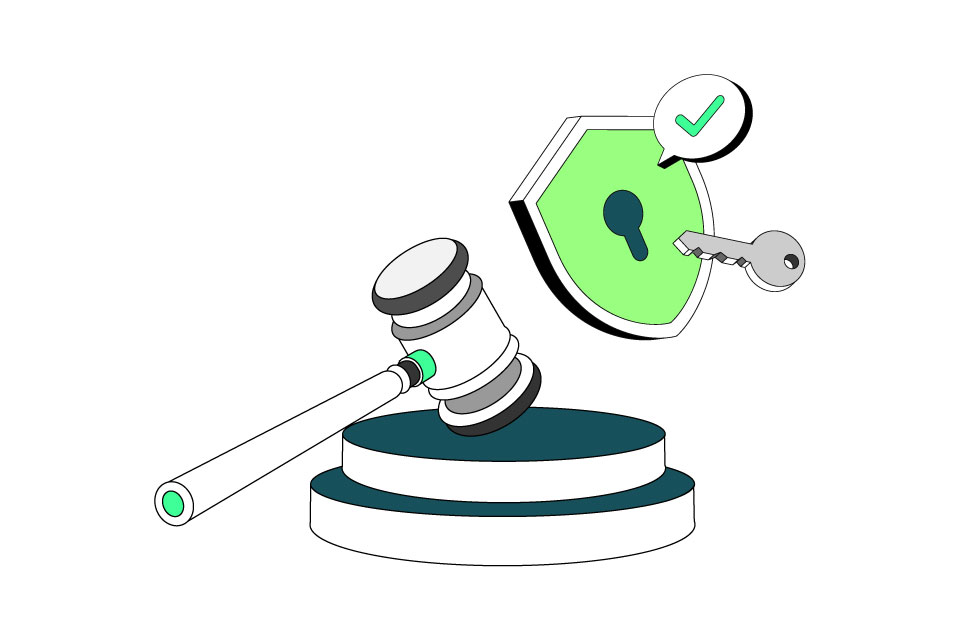It’s a theme I’ve discussed a number of times in my blog – but we are becoming more polarised than ever before. Financially, emotionally, politically, it seems that the experience of different groups in society is moving further apart.
Perhaps this is no surprise, given the succession of major disruptions and changes we have been through in recent years: Brexit, the Covid pandemic, the cost-of-living crisis – we have seen an extraordinary amount packed into just a few years with different results and outcomes for us all. Inevitably, it will take some time for the dust to settle as we adjust to the new world – because that is what we have: a new world with new opportunities and challenges.
Right now, it does feel that many households are under real pressure just to make ends meet. Businesses are struggling too as they try to deal with resourcing issues, the spike in the price of energy and key materials and on-going supply issues. We may not be in ‘crisis mode’ anymore, but these are still highly challenging times.
Anxiety levels
Perhaps this is why a sense of angst seems to be widespread. Customers and businesses alike are anxious about the future, and uncertain about what it holds. Polarisation and a sense of disenfranchisement amongst certain groups is leading to an increase in activism to feel ‘heard’.
We have also been seeing declining participation in the workforce as growing numbers of people have stopped work due to ill health or have taken early retirement in the wake of the pandemic.
Service as driver of a fairer society
The more I discuss these issues with our members, the more I’m convinced that the service agenda has a fundamentally important role to play to help us navigate all of this. In particular, it relates to one of the four pillars of the Service Nation that we recently set out as part of our vision – Customer Service as a driver for a fairer society.
At the most obvious level, this is about organisations really acting in the best interests of all of their stakeholders to ensure that they are looking after the needs of their vulnerable customers and communities. It’s about making sure that these customers are getting the best value possible; that they are on the right package, service or deal to meet their needs; that appropriate leeway and flexibility is built in when a customer is genuinely struggling to pay for an essential service or product; and that customers can access help and advice in a way that suits them, including being able to speak to a human advisor at any moment of need.
It shouldn’t only be a question of reacting when contacted, either. Organisations have the opportunity to become more proactive by harnessing AI and data & analytics to identify those sections of the customer base who may need additional support. This can lead to targeted outreach to discuss and flag options, potentially building much greater engagement and rapport as customers sense that the business is ‘on their side’.
Benefits across the customer base
But building a fairer society through service isn’t only about supporting the vulnerable. It is also about making sure that all customers, regardless of income, employment status, age etc, can engage with organisations in the ways that suit them best and help them get whatever it is they need to do, done. This means investment in automation and AI to create smooth and intelligent pathways through which customers can efficiently self-serve. As well as investment in service professionals with the empathy, knowledge and experience to support customers directly when something goes wrong or they have a unique service need.
In this way, service helps make a fairer society because everybody benefits from it. Vulnerable customers receive appropriate support, while other customers serve themselves more easily but also get support when required. Meanwhile, customer service professionals have more rewarding roles because automation takes away many routine, transactional tasks and they have more time to bring their value-adding, people-centric skills to bear.
Time for action
I am concerned that levels of customer satisfaction may be moving on a marked downward trend. The full picture will become apparent when we publish our next six-monthly UK Customer Satisfaction Index (UKCSI) in July.
If that is indeed the case, it’s another sign that things as they currently stand are not working and need to be turned around now. We have to find ways to break down the polarisation, dissatisfaction and unease that has become widespread. I believe that service can play a powerful role in doing this, creating a more cohesive dynamic and acting as a uniting force.



